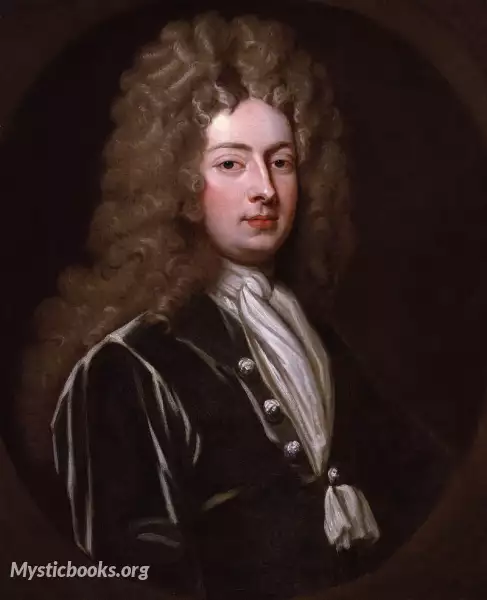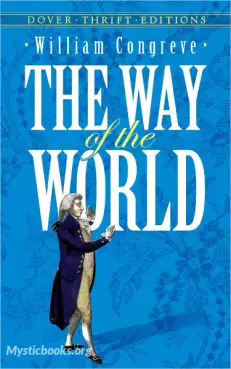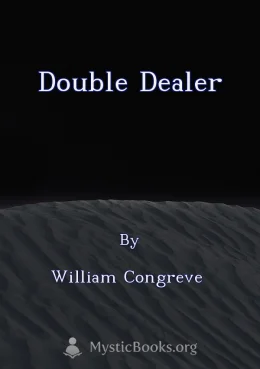
Timeline
Title
Country/Nationality
William Congreve
William Congreve was an English playwright and poet of the Restoration period. He is known for his clever, satirical dialogue and influence on the comedy of manners style of that period. He was also a minor political figure in the British Whig Party.
William Congreve was born in Bardsey Grange, on an estate near Ledston, West Riding of Yorkshire. Although Samuel Johnson disputed this, it has since been confirmed by a baptism entry for "William, sonne of Mr. William Congreve, of Bardsey grange, baptised 10 February 1669" [i.e. 1670 by the modern reckoning of the new year]. His parents were Colonel William Congreve (1637–1708) and Mary Browning (1636?–1715), who moved to London in 1672, then to the Irish port of Youghal.
Congreve was educated at Kilkenny College, where he met Jonathan Swift, and at Trinity College in Dublin. He moved to London to study law at the Middle Temple, but preferred literature, drama, and the fashionable life. Congreve used the pseudonym Cleophil, under which he published Incognita: or, Love and Duty reconcil'd in 1692. This early work, written when he was about 17 years of age, gained him recognition among men of letters and entry into the literary world. He became a disciple of John Dryden whom he met through gatherings of literary circles held at Will's Coffeehouse in the Covent Garden district of London. Dryden supported him throughout his life, often composing complimentary introductions for his publications.
Congreve was distantly related to Lady Elizabeth Hastings, whose family owned Ledston and was part of the London intelligentsia. He wrote a number of articles about her in the Tatler magazine.
Congreve withdrew from the theatre and lived the rest of his life on residuals from his early work, the royalties received when his plays were produced, as well as his private income. His output from 1700 was restricted to the occasional poem and some translation (notably Molière's Monsieur de Pourceaugnac). He collaborated with Vanbrugh on a 1704 English version of the play called Squire Trelooby. Congreve never married; in his own era and through subsequent generations, he was famous for his friendships with prominent actresses and noblewomen for whom he wrote major parts in all his plays. These women included Anne Bracegirdle and Henrietta Godolphin, 2nd Duchess of Marlborough, daughter of the famous general, John Churchill, 1st Duke of Marlborough. Congreve and Henrietta most probably met some time before 1703 and the duchess subsequently had a daughter, Mary (1723–1764), who was believed to be his child. Upon his death, he left his entire fortune to the Duchess of Marlborough.
As early as 1710, Congreve suffered both from gout and from cataracts on his eyes. He was involved in a carriage accident in late September 1728 from which he never recovered (having probably received an internal injury); he died in London in January 1729, and was buried in Poets' Corner in Westminster Abbey.
Books by William Congreve

The Way of the World
The Way of the World is a play written by the English playwright William Congreve. It premiered in early March 1700 in the theatre in Lincoln's Inn Fields in London. It is widely regarded as one of the best Restoration comedies and is still occasiona...

Love for Love
Love for Love is a Restoration comedy written by British playwright William Congreve. It premiered on 30 April 1695 at the Lincoln's Inn Fields Theatre. Staged by Thomas Betterton's company the original cast included Betterton as Valentine, William S...

Old Bachelor
The Old Bachelor is a Restoration comedy by William Congreve, known for its witty dialogue and satirical portrayal of London society. The play revolves around Heartwell, a cynical bachelor determined to remain single, and the various schemes and mis...

Double Dealer
The Double Dealer is a Restoration comedy by William Congreve. It was first performed in 1693 and was a critical and commercial success. The play is a witty and satirical look at the manners and morals of the upper classes in late 17th-century Englan...